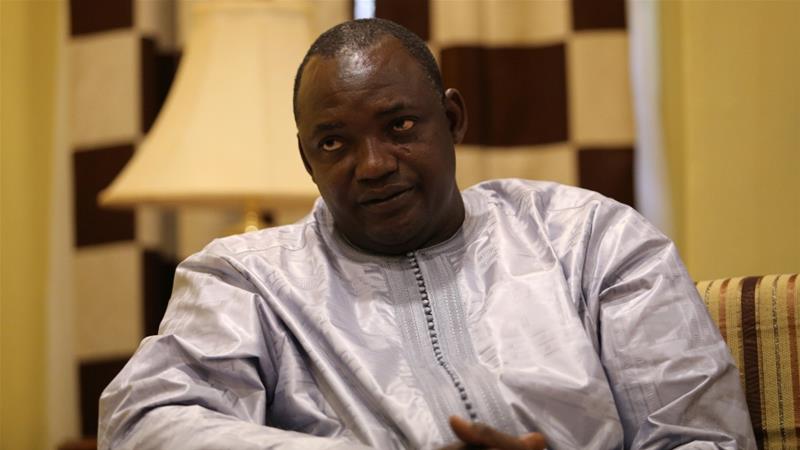Rising prices for Kenyan tea and coffee exports will help offset the impact from a drought that has been hurting the East African nation’s agriculture after poor rains late last year, according to officials and traders.
The average price of coffee rose 30 percent in the fourth quarter of last year from a year earlier, driving up total earnings by 69 percent in the period. The average tea price has risen 10 percent this year compared to a year ago.
Farming accounts for more than a quarter of the East African nation’s annual economic output of $62 billion. Coffee and tea exports are a major source of foreign exchange earnings.
Richard Lesiyampe, the principal secretary in the Agriculture Ministry, said farmers have been hurt by inadequate rainfall during the usual October to December “short rains”.
“Because of the depressed rainfall, definitely we are going to have a challenge on all our crops including the cash crops. The short rains failed us,” he told Reuters.
But he said improving coffee and tea prices at the locally held auctions help offset impact.
The Nairobi Coffee Exchange reported a 30 percent jump in average coffee prices year-on-year to $228.64 per 50 kg bag in the three months to end-December and said the trend continued.
“We have seen an upsurge,” said Daniel Mbithi, the chief executive of the exchange, attributing the rise to high quality beans and depressed output from Brazil and other rivals.
The value of coffee sold at the exchange in the last quarter of 2016 rose 69 percent to $25.70 million from a year before.
International buyers often use Kenya’s high quality arabica beans to mix with lower quality produce from other growers.
At the tea auction held in the port of Mombasa, the average price per kg jumped 10 percent to $2.85 this week, compared with the same period last year, said Edward Mudibo, the managing director of the East Africa Tea Trade Association.
“There has been a little bit of enhanced demand in key consuming countries, Egypt, Pakistan and even the UK,” he said.
Tea exports from Kenya, which is the world’s biggest exporter of black tea, generated income worth 125.25 billion shillings ($1.21 billion) in 2015.
By Duncan Miriri (Reuters)



